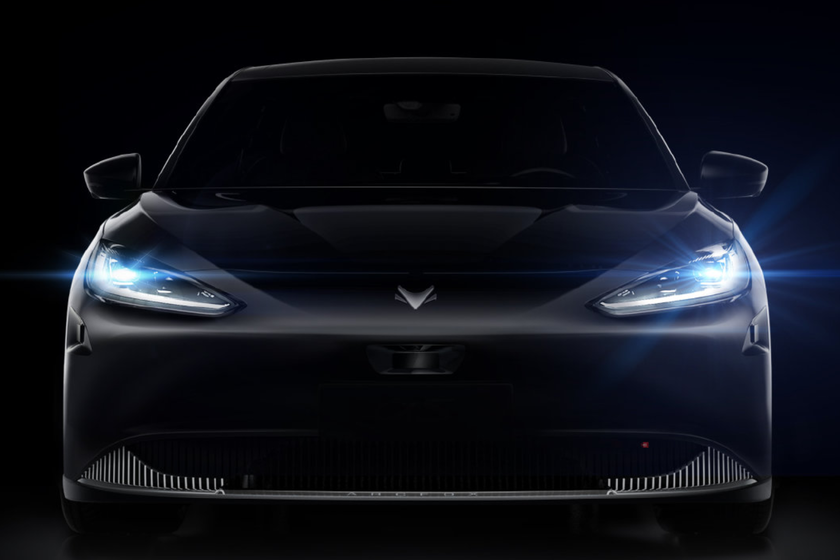Lot vElectric vehicles are Huawei’s next big step. The Chinese company presented this weekend in collaboration with the automobile company BAIC Group its first electric car, the Arcfox Alpha S. An electric vehicle that is based on the HarmonyOS autonomous driving platform and integrates different components created by Huawei.
According to Nikkei, Huawei presented a total of five solutions for autonomous driving. Among these solutions is a autonomous driving system based on HarmonyOS, its operating system for all types of devices.
The Arcfox Alpha S is a premium vehicle that has been jointly developed by Arcfox (a subsidiary of BAIC Group) and Huawei. The vehicle has LiDAR and according to Huawei it can reach a Level 3 of autonomy. The levels of autonomy in a car are evaluated from 0 to 5 and must meet a series of requirements. There is even a video circulating on the Internet where this is put to the test in a city:
The vehicle is not yet known all its benefits. What has come to light is its autonomous driving system composed of 12 cameras, 13 ultrasonic radars or a Huawei chip with a power of up to 352 Tops. The vehicle also has 5G connectivity and a range of up to 700 kilometers. Its price is not short, starts at 388,900 yuan (about 50,000 euros) for the most basic version and at its starting price.
Collaboration with car manufacturers before own vehicles
This collaboration is part of a larger Huawei plan in which they have decided to invest about a billion dollars in the automotive industry. Unlike others like Xiaomi, they do not plan to build their own cars but rather components and services for cars from other manufacturers.

Wang Jun, president of Huawei’s smart automotive solutions unit, said that have cooperation agreements with around 200 manufacturers Of automobiles. Ben a profitable business here, in fact they believe that even if they cannot expand their business internationally (due to trade blockages) they would still be profitable only with the demand in China.
Via | Nikkei and Sohu
